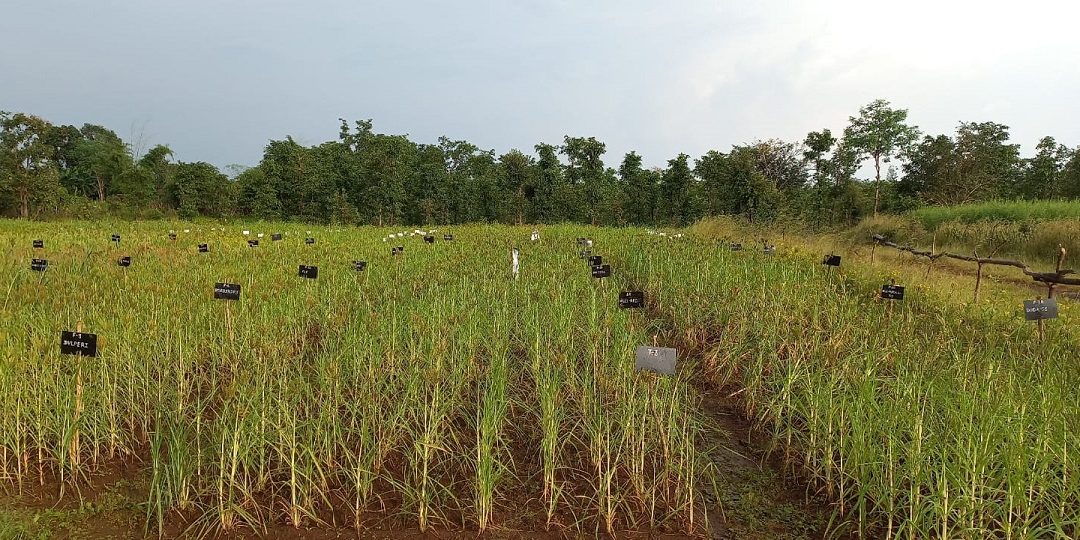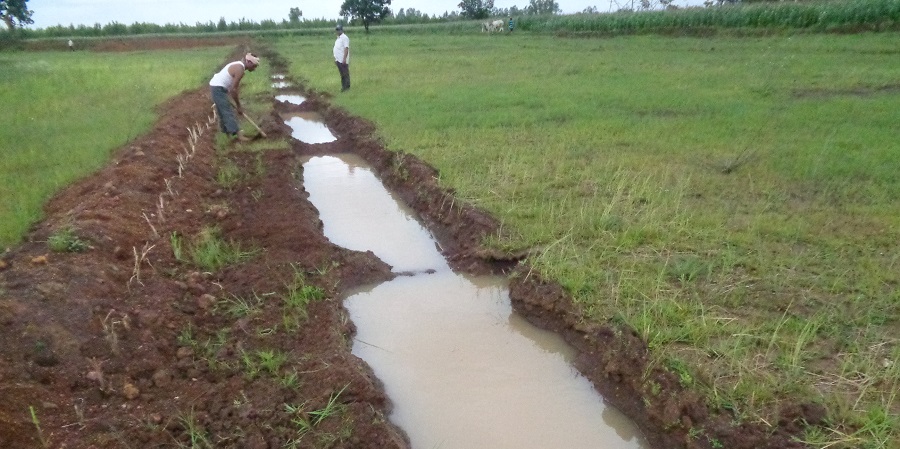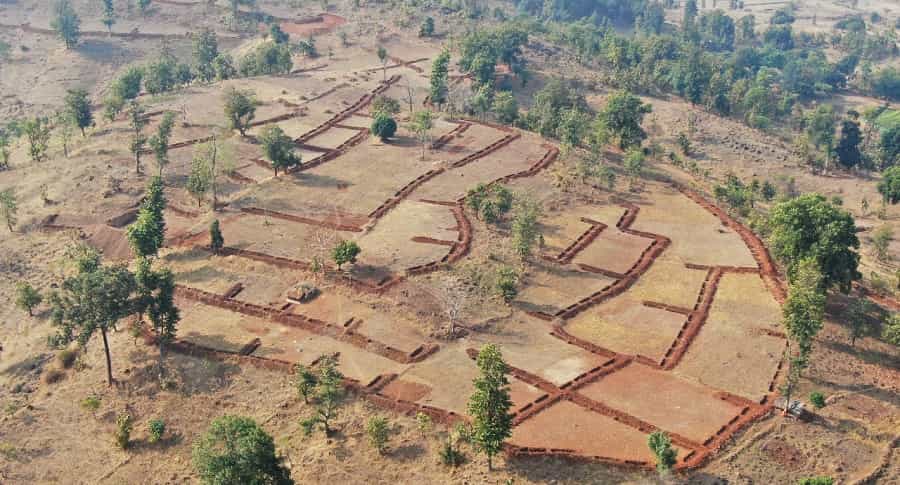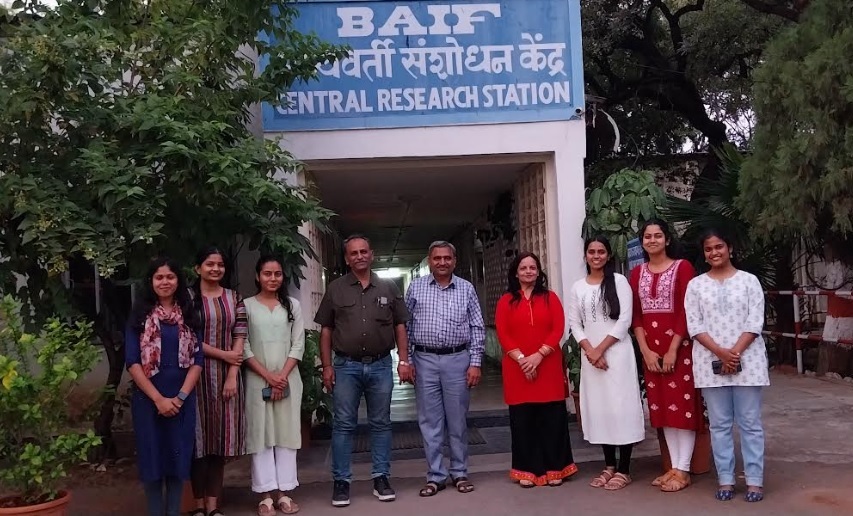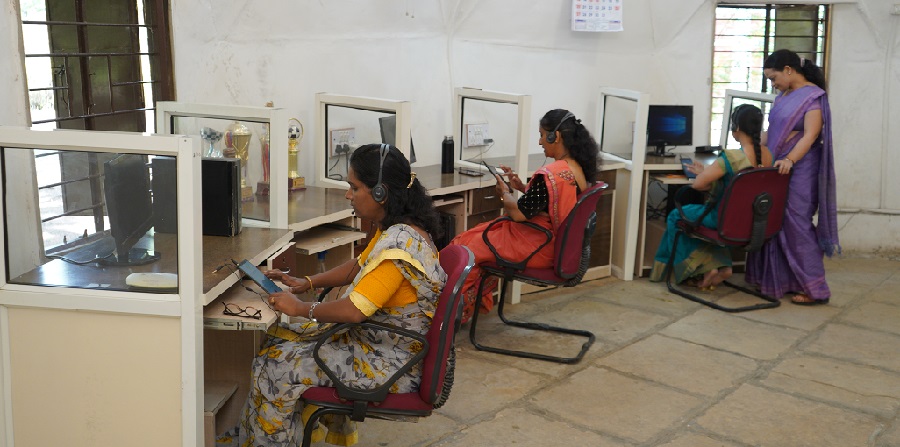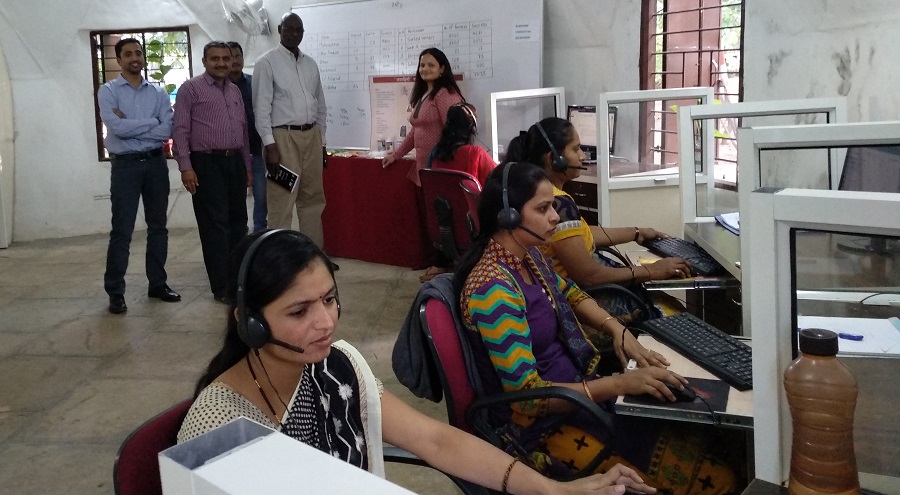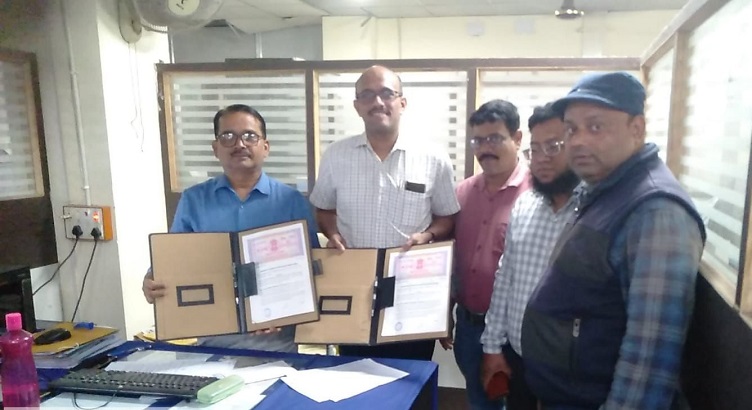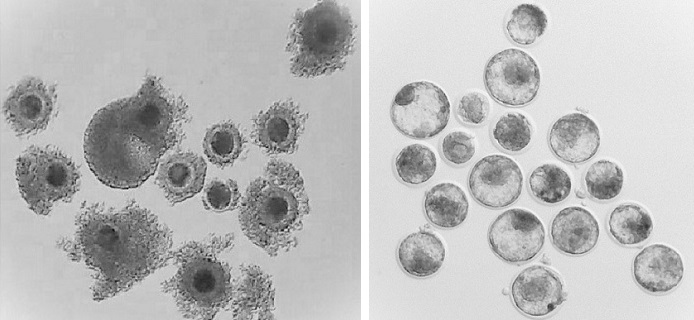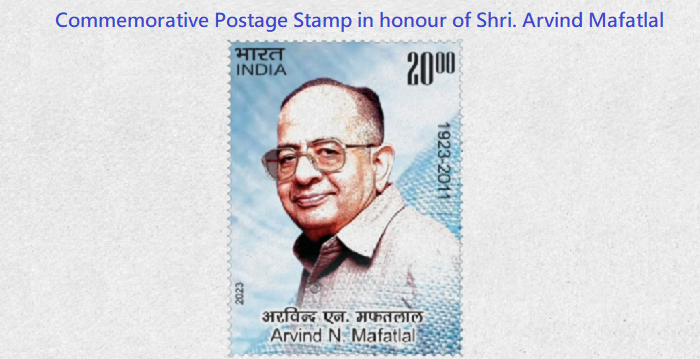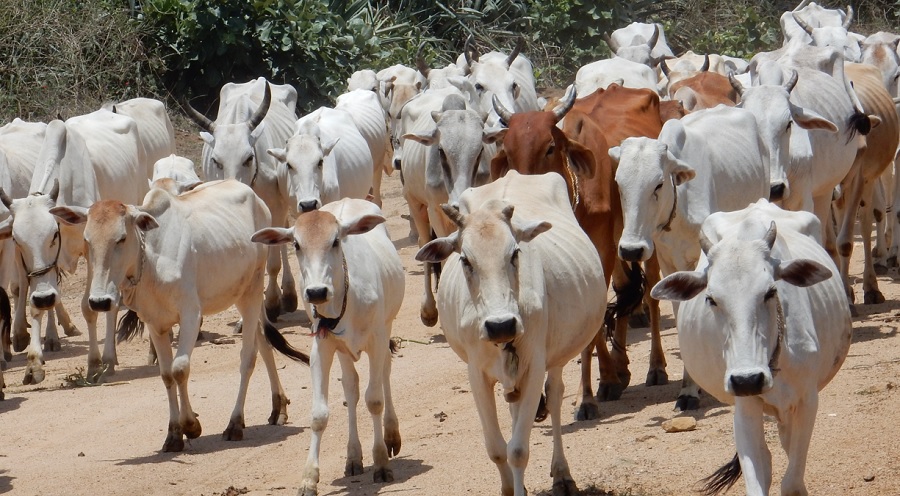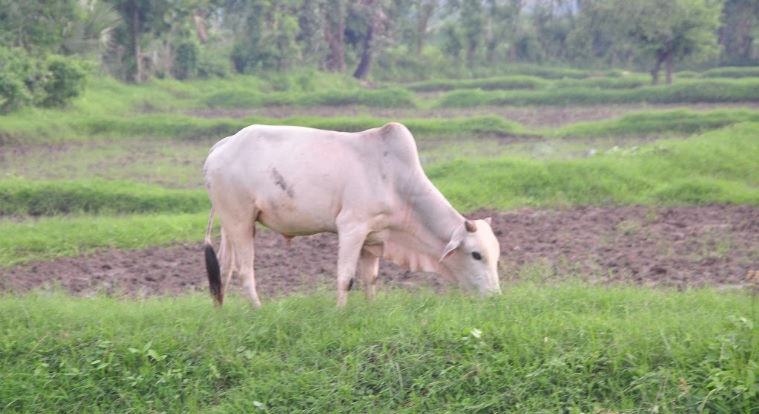
Evolution of Livestock Data Capture: BAIF’s Journey with Data Logger Devices

Introduction:
BAIF is committed to improving the lives of the underprivileged across 14 states in India. To ensure efficient outreach of services to the farmers, a strong monitoring plan, efficient data collection systems, and advanced data analysis tools are necessary for ensuring accurate recording of field data with focus on precision.
Realising the need to improve its data collection and analysis systems, BAIF began its transition from traditional book-keeping system to modern electronic databases and introduced Data Logger devices in its field operations in the year 2005.
First Model: Tackling the Initial Hurdles
The initial model developed with the technical support of MDL Solution Ltd, aimed to capture reproduction data in selected Cattle Development Centres of Maharashtra. However, the following challenges were observed:
- Bulky Device
- Limited scope of operation
- Code-based entry and display
- Not user-friendly
- Short battery backup
- Difficulty in handling
Second Model: Progress in Efficiency
Building on the lessons learned, the second model had the following benefits:
- Smaller in size, the device was made more compact and portable.
- In-built Battery
- Increased Data Handling Capacity
However, challenges like display issues and limited data storage persisted.

Third Model (PALM Mobile): Embracing Mobility
BAIF attempted to capture livestock reproduction data using a smartphone Palm Treo 680 model in its satellite form.
Features:
- Data Download Facility: Streamlined data transfer processes.
- Convenient Handling: A more user-friendly and portable device.
- Flexibility: Improved flexibility compared to previous models.

Challenges:
- Frequent power adapter failure
- High cost of replacement after warranty expiry
Switching Over to Windows Phones: Embracing Progress
The experience gained from PALM mobile and subsequent unavailability of devices and service backup of PALM mobile as well as easy accessibility with affordable price of Windows smart phones led to the switchover to Windows-based software for capturing the data.
Fourth Model: Windows Phones
Windows phones First Generation was developed to examine Windows-based software – a suitable device with affordable price, HTC model P-3452 with Microsoft windows and mobile operating system 6.1/6.5 was selected during the initial project period. This model was able to ensure systematic data recording without any need to validate the data once it is warehoused in servers. The software used an architecture in which all the scenarios and processes were simulated to an object model. This model used to replicate the real-life scenario thereby ensuring that the data entered was pre-revalidated.
On the other hand, it gave intelligent responses and pre-emptive appointments and responses for possible scenarios. The system behaved like an interactive assistant at various levels like Centre In-charge, Area office, State office and Central office. As the technology became more advanced in the field of mobile computing, windows mobile 6.1/6.5 operating system was phased out by Microsoft being replaced with windows phone 7.1/7.8/8.0/8.1 Hence, the next generation of software application was developed with data, feature and functional continuity with previous generation software (Windows mobile 6.1/6.5).
First Generation:
Device: HTC model P-3452 with Microsoft Windows Mobile OS 6.1/6.5.
Validation and Intelligence: Systematic data recording with pre-validation and intelligent responses.

Second Generation:
Technological Advancement: Evolving with Windows Phone 7.1/7.8/8.0/8.1.
Continuity: Maintained data, feature and functional continuity from the previous generation.
Switching over to Android Phones
Following the phase-out of Windows phones after 2016-17, BAIF recognized the need to adapt and transition to Android smartphones. This shift marked a strategic move towards modernization, enabling a more streamlined and efficient approach towards livestock reproduction data collection. Acceptance of the online-offline model, BAIF introduced the “Godhan Seva” Android App specifically designed for Artificial Insemination Technicians (AITs). This innovative app, powered by TCS-DFI® (Tata Consultancy Services – Digital Farming Initiative), not only facilitated seamless data collection but also empowered AITs with a user-friendly platform. The application also had a multi-language support. The transition to Android smartphones and the integration of the “Godhan Seva” app exemplify BAIF’s commitment to staying at the forefront of technological advancements for enhanced livestock management. More than 1200+ BAIF Artificial Insemination (AI) Technicians are using this application in the field and around 40+ lakh Artificial Insemination data is available since the past 6-7 years in digital form. Various research publications and articles have been published based on data collected through such modern technology in national and international journals.

Systematic representation of the current livestock data collection system
The systematic representation of the current livestock data collection at BAIF involves incorporation of additional add-on modules on body measurement, performance recording, disease and vaccination thereby reflecting a refined and comprehensive approach towards data management. This signifies a strategic enhancement in our data collection system, designed to capture a more detailed picture of livestock-related information. These add-on modules serve as supplementary components, addressing specific aspects of livestock data that may require specialized attention.

Dashboards and Reports for data visualization and monitoring
Various dashboards and reports have been precisely developed to facilitate effective data monitoring and downloading by the supervisory staff. These tools serve as integral components of our streamlined approach, providing real-time insights and comprehensive overviews of the collected data. The dashboards offer a visual representation of key metrics, enabling rapid and informed decision-making.
Future scope: A platform independent software solutions
Currently, our focus is on developing a platform-independent software solution to ensure the adaptability of livestock data collection software solution across various devices. This strategic initiative is geared to enable deployment on a wide range of platforms, including Android phones and tablets, iOS devices, Windows phones and tablets, PCs, and desktop computers. By creating a software solution compatible with diverse operating systems and devices, we are striving to enhance accessibility and flexibility, allowing AITs to seamlessly utilize our application on their preferred devices. This approach reflects our commitment to provide a user-friendly and universally accessible tool for livestock reproduction data management across diverse technological ecosystems.
Conclusion
In our relentless pursuit of efficiency and accuracy, BAIF’s experience with data logger equipment is a testament to our commitment to innovation in livestock reproduction data management. The evolving technology landscape serves as a catalyst for our continued dedication to inventing and implementing superior solutions. As we navigate the dynamic currents of technological advancement, our resolve to remain at the forefront of progress remains unwavering. However, the journey does not end here. We have to continue our efforts to adapt our methods to new possibilities and contribute to the ongoing transformation in livestock management. So stay tuned with us…

Mr. Yuvraj Gaundare
BAIF Development Research Foundation





